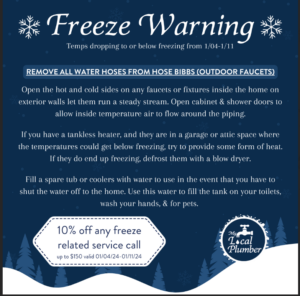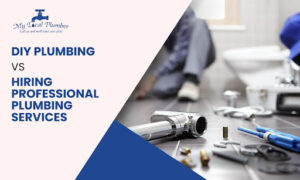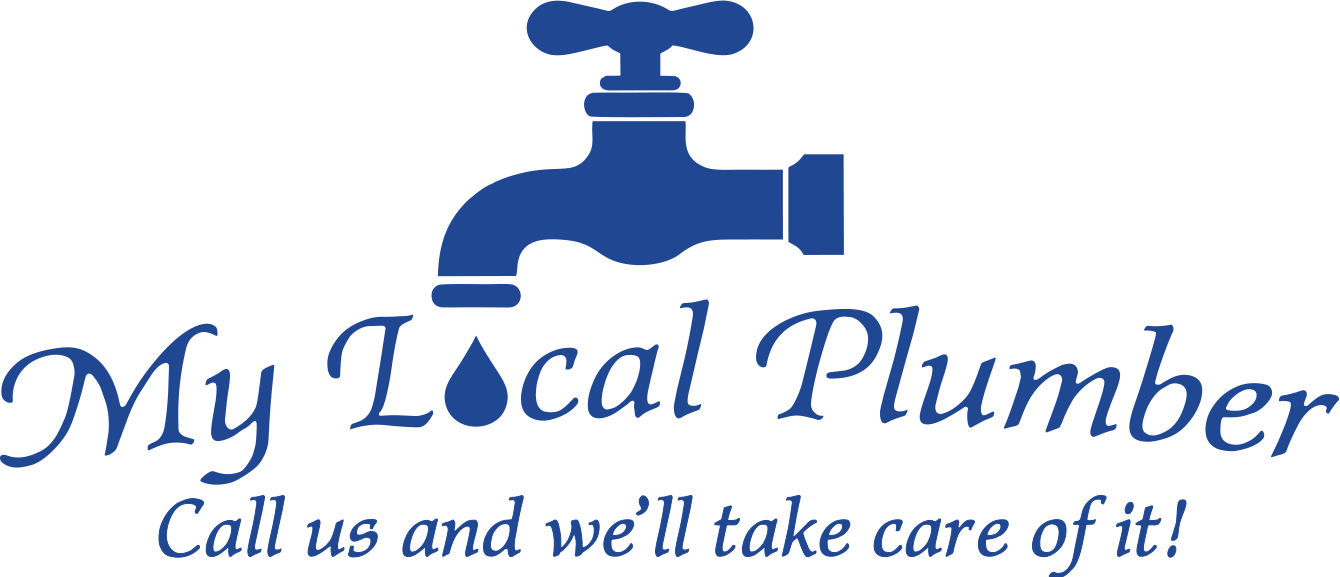DIY Plumbing Tips: What You Can Fix Yourself and More
In today’s world, many homeowners are embracing the do-it-yourself (DIY) culture, and for good reason. Tackling minor plumbing issues yourself can save time and money, and it’s empowering to solve problems around your home. However, it’s crucial to know your limits to avoid turning a minor problem into a major disaster. In this guide, we’ll explore DIY plumbing tips for simple fixes you can handle yourself, and identify when it’s best to call in a professional.
Understanding Your Limits
Before diving into DIY plumbing, it’s essential to understand your own skill level and the potential risks involved. While some plumbing tasks are straightforward and safe to handle, others can be dangerous or lead to significant water damage if done incorrectly. Assess your comfort and knowledge, and always prioritize safety. Common risks of DIY plumbing include exacerbating the issue, causing water damage, and personal injury. If you ever have questions, feel free to call us first!
Simple Plumbing Tasks You Can Handle Yourself
Fixing a Running Toilet
A running toilet is a common issue that can usually be fixed with a few simple steps. Often, the problem lies with the flapper valve, which may be worn out or not sealing properly. Here’s a basic guide:
- Inspect the Flapper: Open the toilet tank and check the flapper valve. If it’s worn or damaged, it needs replacing.
- Adjust the Chain: Ensure the chain attached to the flapper isn’t too short or too long.
- Check the Float: Make sure the float is at the correct level to stop the water at the appropriate point.
If these steps don’t resolve the issue, it might be time to call a professional, as the problem could be more complex.
Unclogging Drains
Clogged drains are another common plumbing problem that many homeowners can handle on their own. Here are some safe methods to try:
- Baking Soda and Vinegar: Pour a mixture of baking soda and vinegar down the drain, followed by hot water. This natural solution can help break down minor clogs.
- Plunger: Use a plunger to create suction and dislodge the clog. Ensure you have a good seal around the drain.
- Drain Snake: A drain snake can reach deeper clogs. Insert it into the drain and twist to break up the blockage.
Avoid using harsh chemical drain cleaners, as they can damage your pipes and harm the environment. If the clog persists, it’s best to contact a professional plumber.
Repairing Minor Leaks
Minor leaks, such as a dripping faucet or a small pipe leak, can often be temporarily fixed with some basic tools:
- Tighten Connections: Check for loose connections and tighten them with a wrench.
- Plumber’s Tape: Use plumber’s tape to seal small leaks in joints or connections.
While these fixes can be helpful, they are usually temporary. Persistent leaks require professional attention to prevent further damage.
Replacing Faucet Washers
A leaky faucet is often caused by a worn-out washer. Replacing it is a simple task:
- Turn Off the Water Supply: Always start by turning off the water supply to avoid any accidents.
- Disassemble the Faucet: Remove the handle and the valve to access the washer.
- Replace the Washer: Take out the old washer and replace it with a new one of the same size.
Make sure to use the correct parts and reassemble the faucet carefully. If the leak continues, it might indicate a more serious issue that requires professional help.
When to Call a Professional
While DIY plumbing can handle minor repairs, some tasks are best left to professionals. Here’s when you should call in the experts:
Major Plumbing Repairs
Issues such as burst pipes, major leaks, and extensive water heater problems require professional intervention. These repairs often involve complex systems and can lead to significant damage if not handled correctly.
Complex Installations
Installing complex systems, such as tankless water heaters or whole-house filtration systems, should be done by a professional plumber. They have the expertise to ensure proper installation and avoid potential problems down the line.
Recurring Issues
If you find yourself dealing with the same plumbing issue repeatedly, it’s a sign that there’s a deeper problem. A professional plumber can diagnose and fix the root cause, providing a long-term solution.
Emergency Situations
Plumbing emergencies, such as severe leaks, sewage backups, or flooding, require immediate professional attention. Quick action can prevent extensive damage and costly repairs.
Tips for Safe DIY Plumbing
If you decide to tackle a plumbing issue yourself, follow these safety tips:
- Shut Off the Water Supply: Always turn off the water supply before starting any plumbing work.
- Use the Right Tools: Make sure you have the appropriate tools for the job and know how to use them.
- Wear Protective Gear: Use gloves and safety glasses to protect yourself from injury.
- Follow Local Plumbing Codes: Ensure your repairs comply with local plumbing codes and regulations.
Benefits of Professional Plumbing Services
Hiring a professional plumber offers several advantages:
- Expertise and Experience: Professional plumbers have the training and experience to handle complex issues effectively.
- Long-Term Solutions: Professionals provide solutions that last, preventing recurring problems.
- Time and Cost Efficiency: While DIY may seem cheaper, professional repairs can save time and prevent costly damage.
- Peace of Mind: Knowing a professional has handled your plumbing issue provides peace of mind and ensures safety.
Conclusion
DIY plumbing can be a rewarding way to handle minor issues and save money, but it’s crucial to recognize when a problem requires professional help. By understanding your limits and following safe practices, you can effectively manage simple plumbing tasks. For questions about more complex or persistent issues, don’t hesitate to call My Local Plumber Water Heater Repairs and Leak Detection. Our expert team is here to provide reliable and efficient solutions, and we’re happy to offer free advice over the phone! Contact Us to schedule an appointment!
Read our other articles...

Happy Earth Day From My Local Plumber Water Heater Repairs and Leak Detection!!
Simple Steps to Save Water and Energy at Home In today’s world, every drop of water and every watt of energy counts. Making small changes in our daily routines can lead to significant savings and a positive impact on the environment. Here are three practical tips to help you conserve water and energy at home:

Freeze Warning
Freeze Warning Temps dropping to or below freezing from 1/04-1/11 REMOVE ALL WATER HOSES FROM HOSE BIBBS (OUTDOOR FAUCETS) Open the hot and cold sides on any faucets or fixtures inside the home on exterior walls let them run a steady stream. Open cabinet & shower doors to allow inside temperature air to flow around

DIY Plumbing vs. Hiring Professional Plumbing Services: When to Call a Pro
DIY Plumbing vs. Hiring Professional Plumbing Services: When to Call a Pro Plumbing issues can be both frustrating and expensive. Homeowners often wonder whether they should handle the problem themselves or hire professional plumbing services. While some tasks are simple enough to tackle with basic tools, others require a trained expert. This guide breaks down

